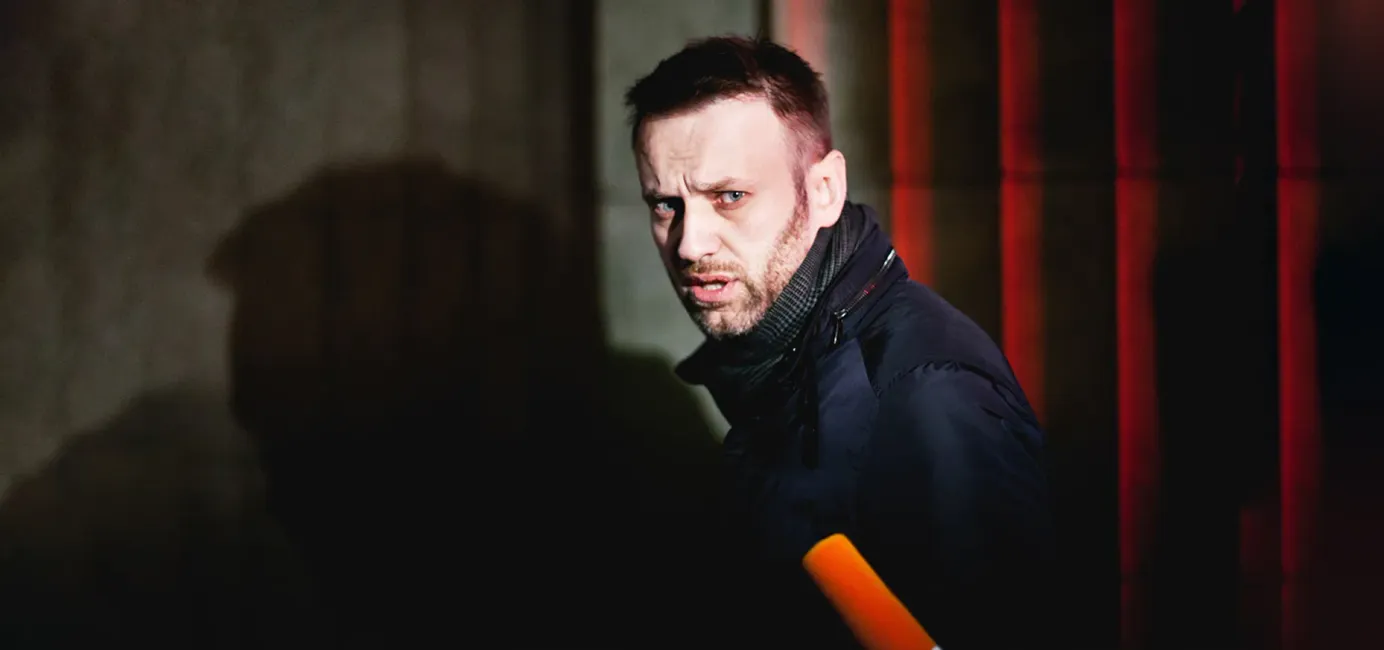
Navalny disappears
Alexei Navalny has not been seen in court hearings for almost two weeks, triggering growing fears for the fate of Russia’s most prominent opposition leader. Navalny is currently serving a decades-long jail sentence on fraud and extremism charges rejected by him, his supporters and independent rights groups who have declared him a political prisoner. His supporters have been increasingly sounding the alarm over his whereabouts in recent days. In addition to his failure to appear at court hearings, they cannot locate him in the region where he is serving his time, or in the Moscow jail system, to where he might have been transferred pending an investigation into new charges.
- Navalny was last seen on Dec. 5. The next day one of his lawyers spentseven hours outside his penal colony in the Vladimir region (260km from Moscow), but was not allowed inside the facility without a concrete reason. The opposition figure’s colleagues are trying to locate him and in a call with reporters, Kremlin press secretary Dmitry Peskov said twice that he knew nothing of Navalny’s whereabouts.
- On Dec. 15, it emerged that Navalny had “left” the Vladimir region, it was reported in court. His destination remains unknown and no further information has been given.
- Human rights activist Olga Romanova, who specializes in support for prisoners, said on Dec. 16 that she had information that Navalny may have been taken to the hospital at Vladimir Central (a prison for particularly dangerous prisoners in the Vladimir region) due to problems with his blood-sugar levels. However, Romanova added that she did not have full confirmation this was the case.
- Navalny has already disappeared three times in the Russian prison system since he returned to the country in 2021 following treatment in Germany to recover from poisoning with the military-grade nerve agent Novichok. On each of those times, he was being transferred to a new facility. Getting information on prisoners’ whereabouts when they are being moved around Russia’s prisons and penal colonies is notoriously difficult, with the transfer process often taking weeks. Earlier this year, another opposition politician, Andrei Pivovarov, went missing for more than a month while being sent to a prison colony in Karelia.
Pourquoi le monde devrait s'en préoccuper :
Following the invasion of Ukraine in February 2022, the Kremlin has effectively banned, outlawed and quashed the domestic opposition, with all major figures either in prison or having fled the country. Navalny, therefore, is not the same kind of opposition leader he was prior to his poisoning and imprisonment. Nevertheless, he is an important figure within Russian media and remains the most high-profile symbol of Russian opposition to the Kremlin both inside and outside of the country.
Officially, Navalny is due to be released in 2050 but few believe this will happen. A new case was opened against him just weeks ago, this time on charges of vandalism. Navalny himself has said he’ll remain behind bars as long as Putin is in power. Details of his current circumstances and the authorities’ plans for him remain unclear.









